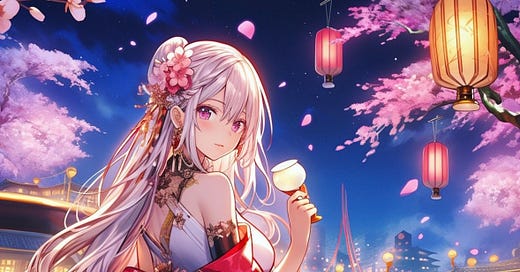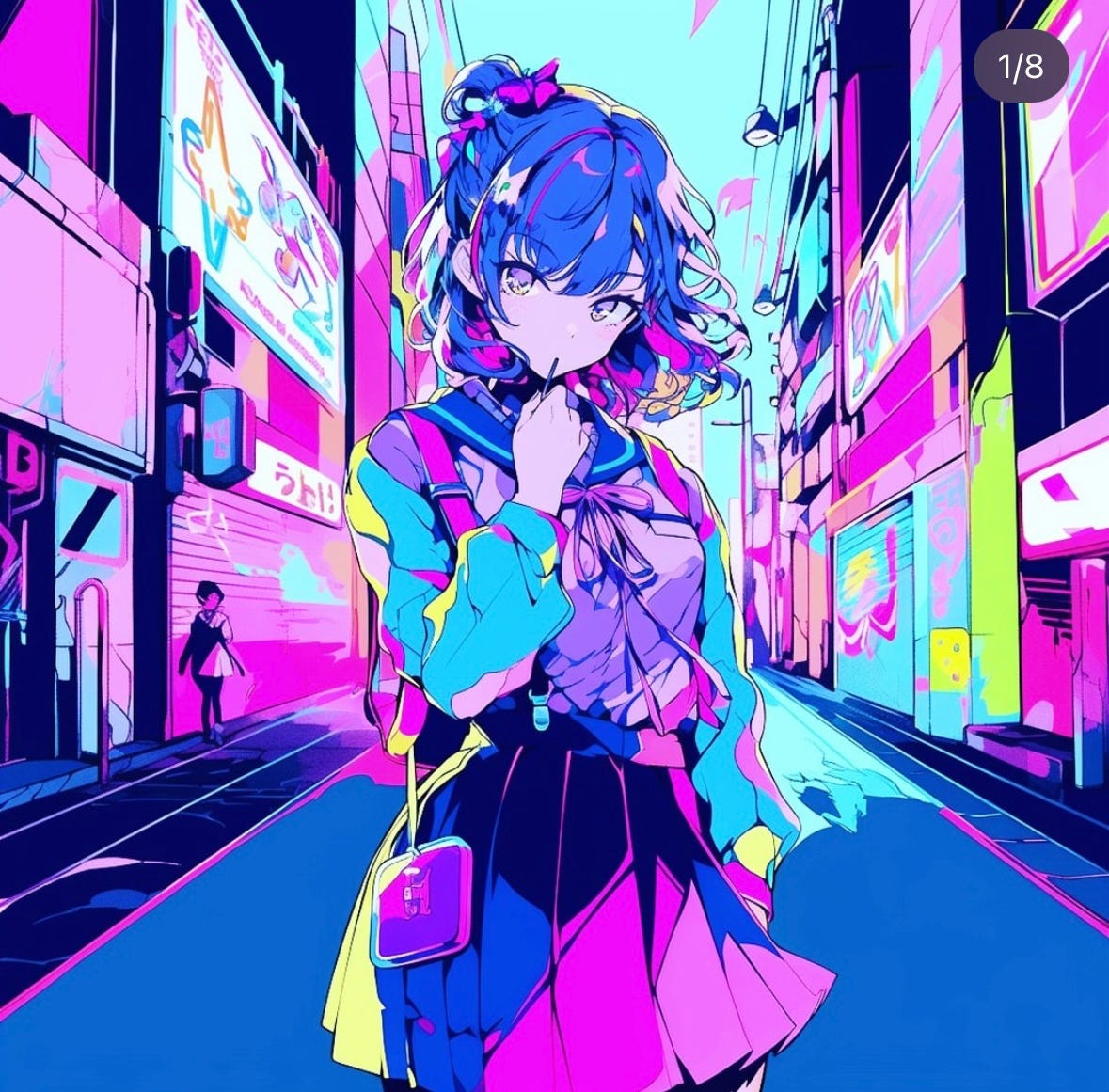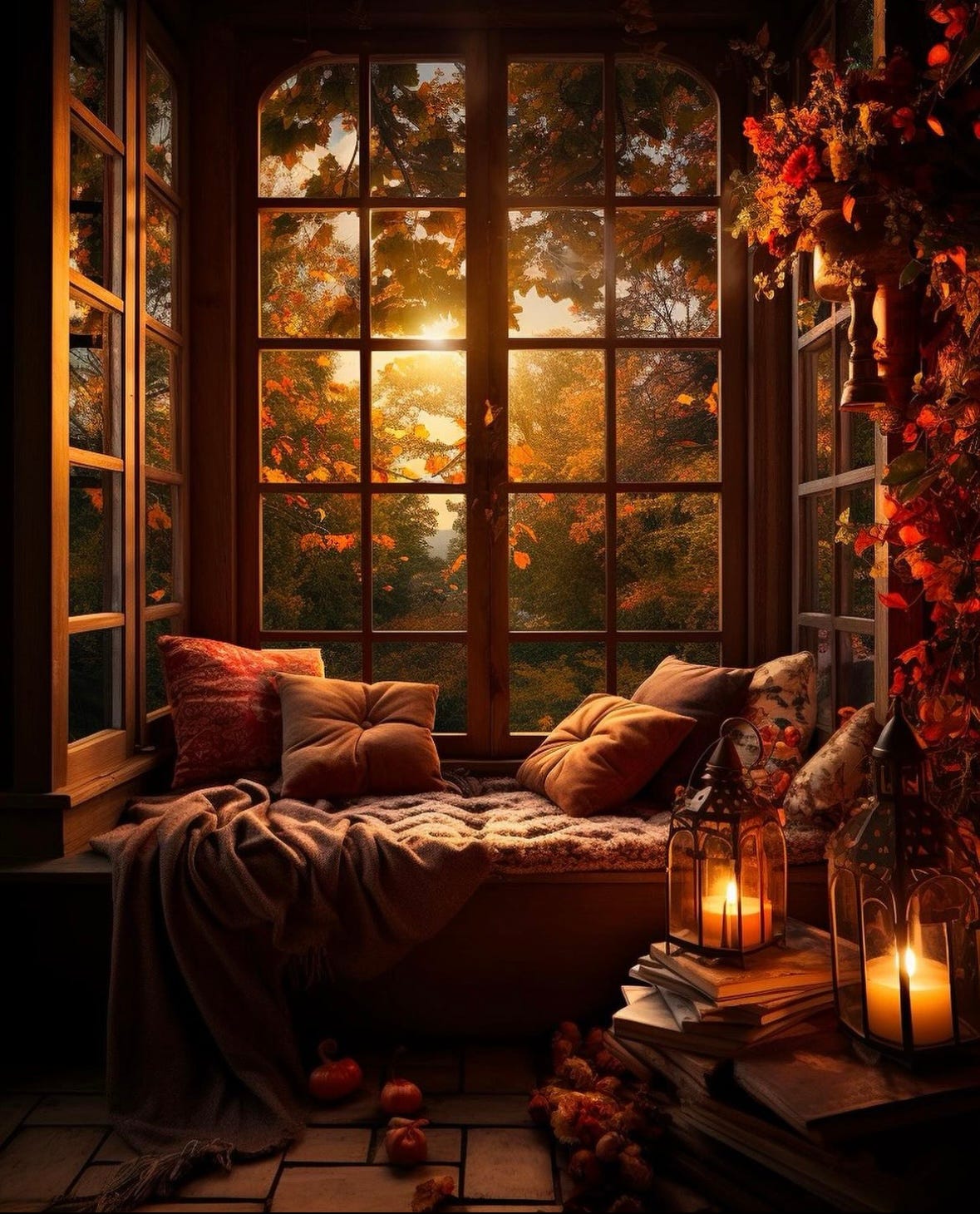Navigating the Impact of AI Art: Unveiling Challenges in the Era of Unemployment
A case study base approach to realise the "Era of Unemployment"
Let's transport ourselves back to the 1950s, a pivotal era characterised by the industrial revolution. As job opportunities surged in tandem with technological advancements, an initial wave of innovation introduced costly machinery, robots, and various engineering marvels, displacing human workers in factories. These technological strides, reminiscent of contemporary automation witnessed in entities like Amazon, not only streamlined repetitive tasks but also significantly boosted efficiency.Fast forward to our current times, we find ourselves amidst another transformative phase—the advent of revolutionary AI. However, this time around, it's not targeting the conventional jobs but rather venturing into more unconventional territories, challenging domains that were previously deemed impervious to automation. The innovations of the 1900s were more "re-programmable" and "controlled," contrasting sharply with the intelligent advancements we witness today.
The focal point of this blog post is to examine the impact of AI, particularly on professions that were once considered immune to technological disruption, such as the domain of Arts. In the 1900s, the concept of "digitalizing" art seemed implausible, as it was perceived as an area beyond the grasp of machines. However, the evolution of AI has defied expectations by targeting tasks that showcase human ingenuity, challenging what was traditionally seen as inherently humane or requiring human intelligence.This prompts a guiding question for our blog post:
How is/will AI affect the lives of artists? Where does originality find its place in this evolving landscape?
From the perspective of a college student seeking images for assignments, the priority often lies in finding pictures that seamlessly align with the subject matter without investing excessive time in the search process. In this scenario, utilizing resources like DALL-E or other image-generating tools becomes an attractive option. The emphasis may not necessarily be on originality but rather on efficiency and relevance. These tools offer a quick and convenient solution, allowing students to focus more on the content of their assignments rather than spending considerable time searching for suitable images.
Now, shifting to the viewpoint of a small business in dire need of visuals for marketing purposes, the primary considerations are often high quality and cost-effectiveness. Small businesses may not prioritize originality as a crucial factor; instead, they seek visuals that effectively communicate their message and enhance their marketing materials. AI, with its capacity to generate impressive images efficiently, becomes an invaluable resource for these businesses. The combination of quality and affordability makes AI-generated content a practical choice for small businesses aiming to elevate their marketing efforts without breaking the bank.
In both cases, the use of AI resources addresses specific needs – be it time efficiency for students or a balance of quality and affordability for small businesses – without necessarily placing a premium on the aspect of originality.
From the artist's perspective, the advent of AI raises substantial concerns about the preservation of originality in their craft. Artists invest significant time and effort in nurturing creativity, and the emergence of AI tools capable of producing work more rapidly and efficiently poses a genuine threat. The intricate, handcrafted nature of artistic expression is at risk of being overshadowed by the speed and precision of AI-generated content. The challenge lies in finding advocates who can champion the importance of genuine artistic expression in the face of technological advancements. In a landscape where various stakeholders benefit from AI's efficiency, the pool of advocates for the intrinsic value of artistic originality may appear limited, amplifying the need for a thoughtful dialogue on how to uphold the integrity of artistic endeavors.
While the benefits of AI-generated art are apparent, it's crucial to delve into larger issues. The creation of AI art involves training on a plethora of artists' works, resulting in images that amalgamate various individuals' hard work. However, the question of compensation remains unanswered. Is it fair that these AI-generated creations, born from the collective efforts of numerous artists, go uncompensated? The imbalance raises ethical considerations in the evolving landscape of AI-generated art. The harms faced by artists due to image generators include economic loss, reputational damage, plagiarism, and copyright infringement. Artists invest years of practice, observation, and schooling to hone their craft, but companies use their works without compensation while raising billions from venture capitalists.
In conclusion, the impact of AI on unemployment is significant and should not be underestimated. The potential for automation spans a broad spectrum of jobs, from low-skilled to high-skilled, resulting in considerable job displacement. Proactive measures are essential to address the challenges associated with AI-induced unemployment and ensure that the benefits of AI are equitably distributed.
The case study of artists illustrates that AI's influence extends beyond a singular domain, singling a broader trend of job displacement with a potential rise in unemployment. While new jobs emerge, particularly in fields like AI, a crucial question arises: Is the pace of development such that individuals can easily transition to these new opportunities?
Further Reading
This youtube video goes into deep details on how ML models develop a sense of “Taste“ of art. This basically discuss on the potential growth of AI with very less ethical emphasis but still is really cool:
This is a scholarly paper which the blog post also has quotes above. This has more intricate details and a great if this case study is intersting to you: https://login.library.utoronto.ca/index.php?url=https://dl.acm.org/doi/10.1145/3600211.3604681
Code Playground
// CODE QUOTE OF THE DAY :)
#include <stdio.h>
void spreadArtMessage() {
printf("********************************************\n");
printf("* *\n");
printf("* Art is crafted by the heart and soul *\n");
printf("* AI can assist, but artists play a role *\n");
printf("* Let creativity thrive, let it unfold *\n");
printf("* Don't replace the artist, let art be bold*\n");
printf("* *\n");
printf("********************************************\n");
}
int main() {
// Spread the message
spreadArtMessage();
return 0;
}






